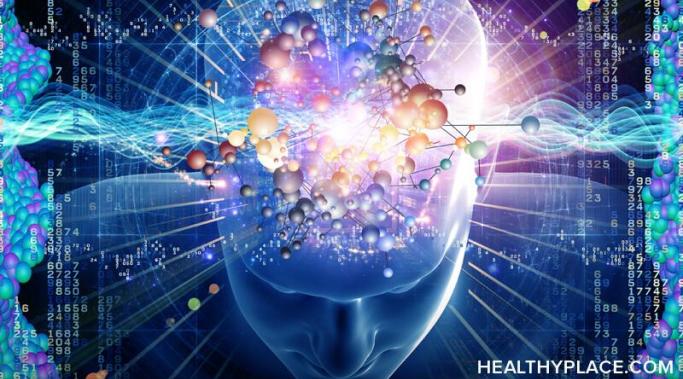Finding yourself falling into an anxious spiral is scary, and it's easy to feel out of control. Luckily, there are some physical skills you can utilize to fight off this feeling. Sometimes, in an anxious spiral, it's difficult to think clearly, so when I face those issues, I tend to lean into physical practices, meaning that I'm doing an action using my body and not necessarily my mind to find comfort. Using physical practices is a great way to center yourself and regain emotional balance.
Recovering from Mental Illness
Sharing gambling addiction recovery stories really matters. As much as we discuss gambling and addiction, the picture that’s painted is that of hopelessness. Granted, the thrill and hope of a big win have a dangerous grip that leads people down the path of compulsive gambling, but it is the stories of hope and triumph that give people with addiction the hope they need to overcome the struggle.
Journaling can be an exceptional tool for managing mental health, and I've found creative journaling tips that have helped me reframe what it means to journal. When hearing the word "journaling," I used to think of "dear diary" entries, but now I believe there are many journaling tactics that are useful in combatting anxiety, depression, and guilt and gauging mental illness recovery progress. I'm excited to share some creative ways I've used journaling tips to assist in managing my mental health.
Does the gambling industry bear some responsibility for gambling addiction? As addiction becomes rampant in modern society, the darker side of gambling continues to be revealed. Despite acknowledging that effective measures need to be put in place to address a growing gambling addiction problem, it has yet to be determined whether the gambling industry bears any responsibility for the effects of gambling.
Admitting that I miss my manic symptoms has been difficult. A large part of my mental illness recovery has been fueled by the desire to get better. I continuously work towards recovery, but I still face guilt when I find myself missing the symptoms experienced from my manic episodes as someone with bipolar disorder.
There is a specific psychology to gambling addiction. Millions of people worldwide grapple with gambling addiction and its profound impact on their lives and the lives of their loved ones. Over time, many things have been explored as causes of gambling and what makes it addictive. As someone who has battled this addiction, I looked into the psychological side of things, covering everything from cognitive biases to genetics and heredity.
Accepting my attention-deficit/hyperactivity disorder (ADHD) and bipolar disorder diagnoses was difficult for me. Preconceived notions of ADHD and bipolar disorder aren't always very positive. In my recovery journey, it was helpful for me to have a name that encompassed the emotions that had been causing my suffering. Accepting my bipolar disorder and ADHD diagnoses helped me in my recovery from my mental illness.
Do you know about gambling addiction and co-occurring disorders? Gambling addiction is universally labeled a menace, but little is known of its accompanying partners that make the battle within that much more complicated. The gambling addiction recovery journey can be excruciating, but for those who have escaped the crippling grip of gambling addiction and its co-occurring disorders, the journey is worth every struggle.
One thing life guarantees is that there will be changes in recovery. As fall rolls in, I've reflected on all the changes that come with a new season (temperature, holidays, sunlight, etc.) Life is full of changes, whether environmental (like the seasons), personal, or professional. Changes are difficult for anyone but can be especially difficult for those recovering from a mental illness. So, during change, I ask myself, "What can I do to find a sense of stability and handle my anxiety?"
As a recovering gambling addict, I understand that vulnerabilities play a significant role in amplifying the allure of gambling. Addiction knows no bounds; it is not limited to age, gender, financial standing, or background. However, some are more susceptible to gambling addiction due to their vulnerabilities.









